Keywords: Risk
There are more than 200 results, only the first 200 are displayed here.
-

AUSTRALIA
- Binoy Kampmark
- 07 April 2022
10 Comments
The children have been busy. On matters of environmental justice, Australia has witnessed much legal activity from youthful citizens who, despite in some cases not being old enough to vote, have stirred politics. In 2021, five lodged complaints with the United Nations over the failure of the Australian government to cut, in a meaningful way, greenhouse gas emissions by 2030.
READ MORE 
-

AUSTRALIA
- Zacharias Szumer
- 05 April 2022
6 Comments
Like the aged care sector more broadly, home care is in the process of transition as the federal government implements a system designed around the principles of consumer choice and efficiency. The push is driven by expectations that the number of Australians accessing aged care services will more than triple by 2050.
READ MORE 
-
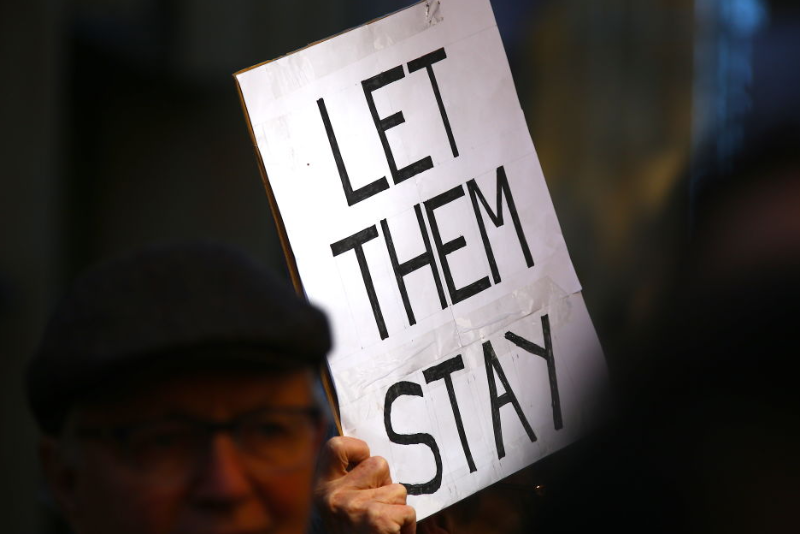
AUSTRALIA
- Kerry Murphy
- 05 April 2022
3 Comments
Recently the Government announced a special visa program for Ukrainians fleeing the war in their home country. The desperate situation in the Ukraine has dominated news for the last month, and already many tens of thousands of Ukrainians have fled their country seeking safety in nearby countries like Poland, Hungary and Rumania. Whilst Ukrainian migration to Australia is relatively small numerically, the response was quick and seemingly generous — a three-year visa with Medicare and work rights.
READ MORE 
-
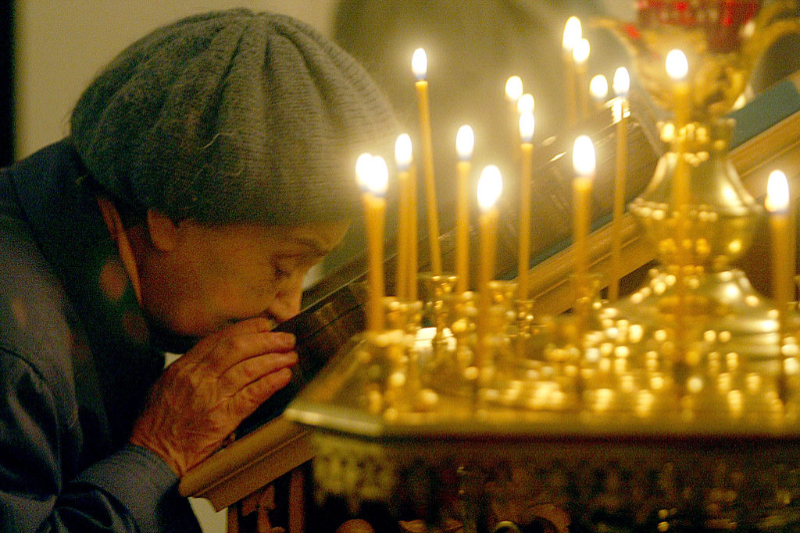
INTERNATIONAL
- Andrew Hamilton
- 17 March 2022
12 Comments
Taken together the events of recent years suggest that we face a crisis, a time in which the working assumptions that have guided our personal and collective lives no longer hold. If we do not change we face increasing threats to the world that we shall hand on to our children.
READ MORE 
-
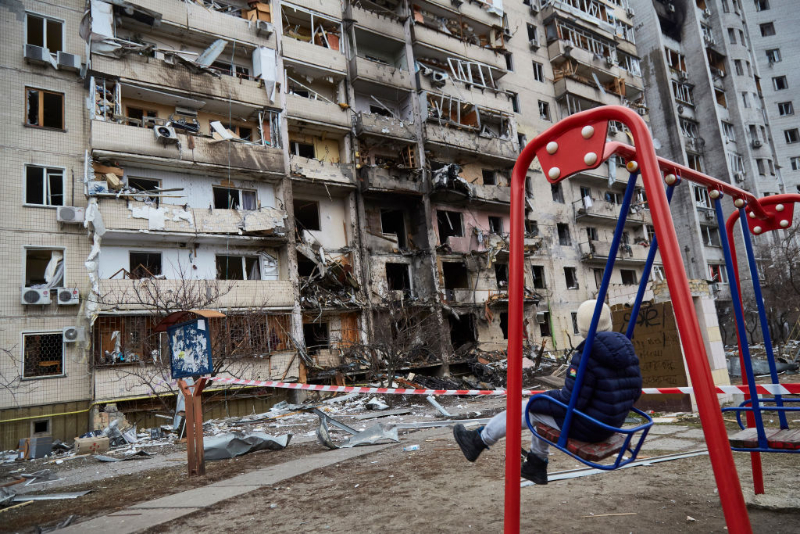
INTERNATIONAL
- Andrew Hamilton
- 08 March 2022
19 Comments
In the face of the horrors of invasion it is natural to be fascinated by the destructiveness of war and to immerse ourselves in military and political strategies. It is also natural to feel helpless and angry at the destruction of human lives, of cities and freedoms, and from a distance to barrack for one side and against the other. We attribute blame and praise, weigh causes and justifications, and divide the world into friends and enemies.
READ MORE 
-
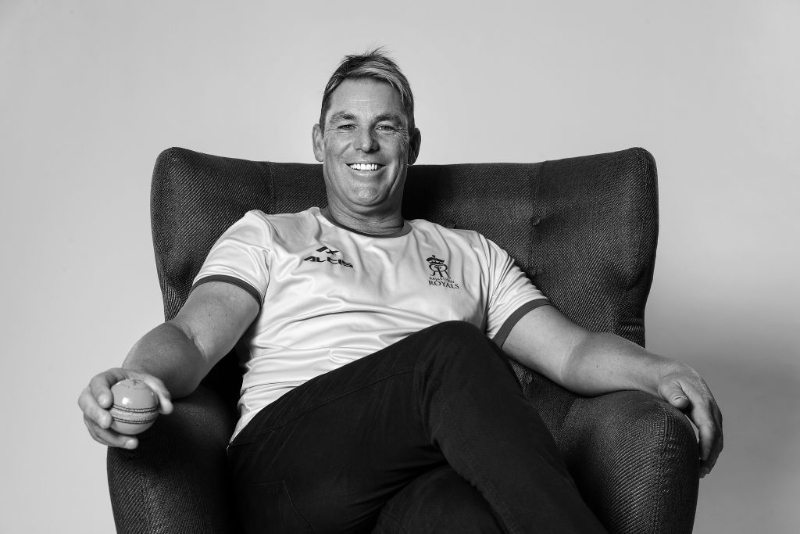
AUSTRALIA
- Binoy Kampmark
- 07 March 2022
8 Comments
It was once said of T. E. Lawrence that he had a tendency to back into the limelight. With the late Shane Warne, arguably the finest slow bowler cricket has ever produced, it edged towards him. His debut appearance against India in the 1991-2 home series in Australia was not auspicious. Paunchy, exuding a vernacular Australian coarseness, and initially wayward, he received an object lesson from India’s Ravi Shastri and the youthful Sachin Tendulkar at the Sydney Cricket Ground. But there were already those incipient signs: the slovenly look, the ear piercings, the peroxide hair.
READ MORE 
-

AUSTRALIA
- Paul Cutler
- 07 March 2022
5 Comments
Most people would agree that the government should have the power to cancel the visas of, and deport, non-citizens who are serious or dangerous criminals. Nobody wants to be the victim of a crime or to live in an unsafe society. We have enough criminals without keeping additional ones.
READ MORE 
-
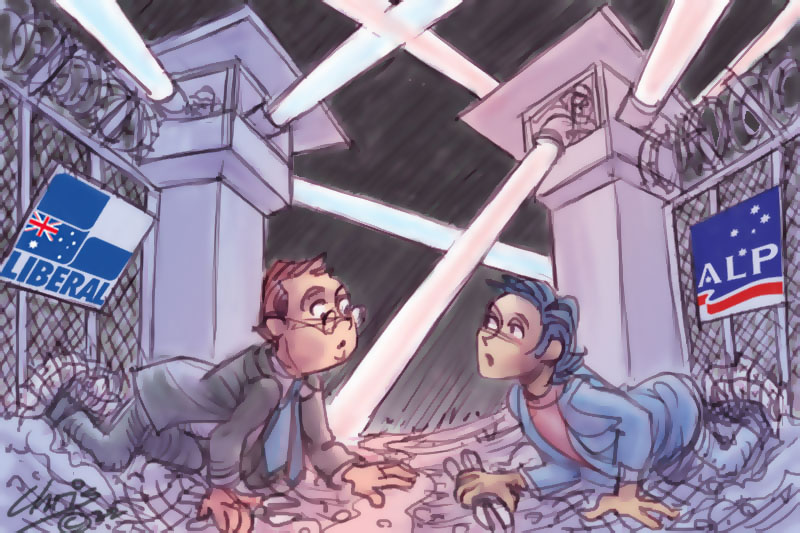
AUSTRALIA
Most of us accept that over the last twenty-odd years, something has shifted in the way politics in Australia is conducted, and not for the better. Notably, our government (and media) are seen by most voters as a dividing force within society rather than a uniting one.
READ MORE 
-

AUSTRALIA
- Frank Hurley
- 24 February 2022
1 Comment
Gambling is now a core national industry providing significant employment, profit for private providers and revenue for governments. All good but, as with every form of industry, there are ‘externalities’. In the case of the gambling industry, it is the personal and social costs of ‘problem’ or ‘addicted’ gamblers that must be taken into account.
READ MORE 
-

RELIGION
- Andrew Hamilton
- 24 February 2022
44 Comments
A local event in the United States Catholic Church has recently aroused interest in Australia. A Bishop declared to be invalid (non-existent and without effect) baptisms celebrated over twenty years by a priest of his diocese. As a result people baptised by the priest will have to be properly baptised. Although the issues raised by this event are specific to the Catholic Church it raises broader questions of how any group should respond to behaviour considered deviant.
READ MORE 
-
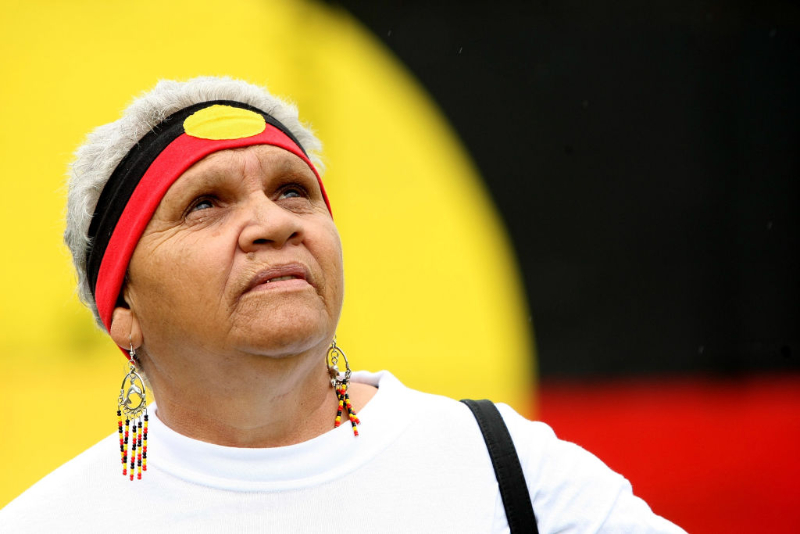
AUSTRALIA
- Andrew Hamilton
- 14 February 2022
6 Comments
The Apology by the representatives of Government was a landmark at the juncture of the road from the past and the path to the future. It defined the harm suffered by Indigenous Australians at the hands of governments obsessed by an ignorant and biased ideology. It also vindicated the Indigenous advocates who had long demanded an end to discriminatory attitudes and behaviour within non-Indigenous Australian society and its institutions.
READ MORE 
-
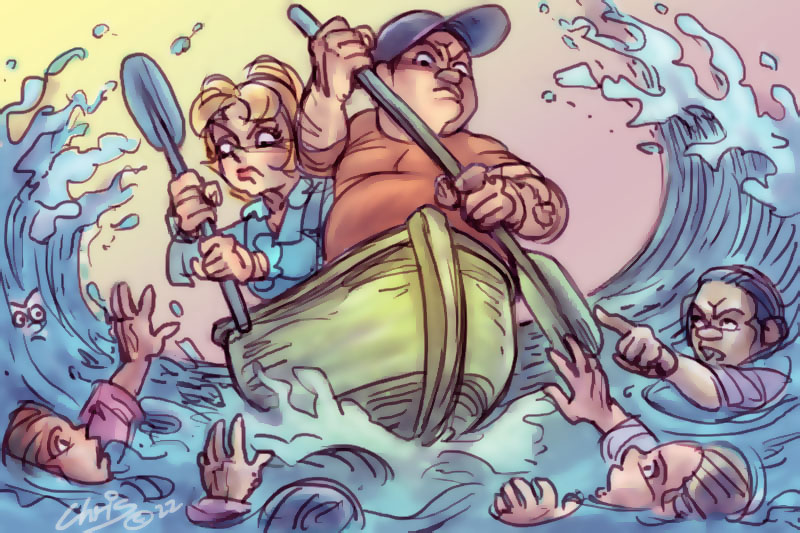
AUSTRALIA
- Cristy Clark
- 08 February 2022
22 Comments
Avoiding discomfort is a privilege only enjoyed by those who benefit from the status quo, and civility policing is fundamentally about protecting both that privilege and the status quo itself. Confronting the reality of injustice in both our past and our present should be uncomfortable, and no one is entitled to immunity.
READ MORE 